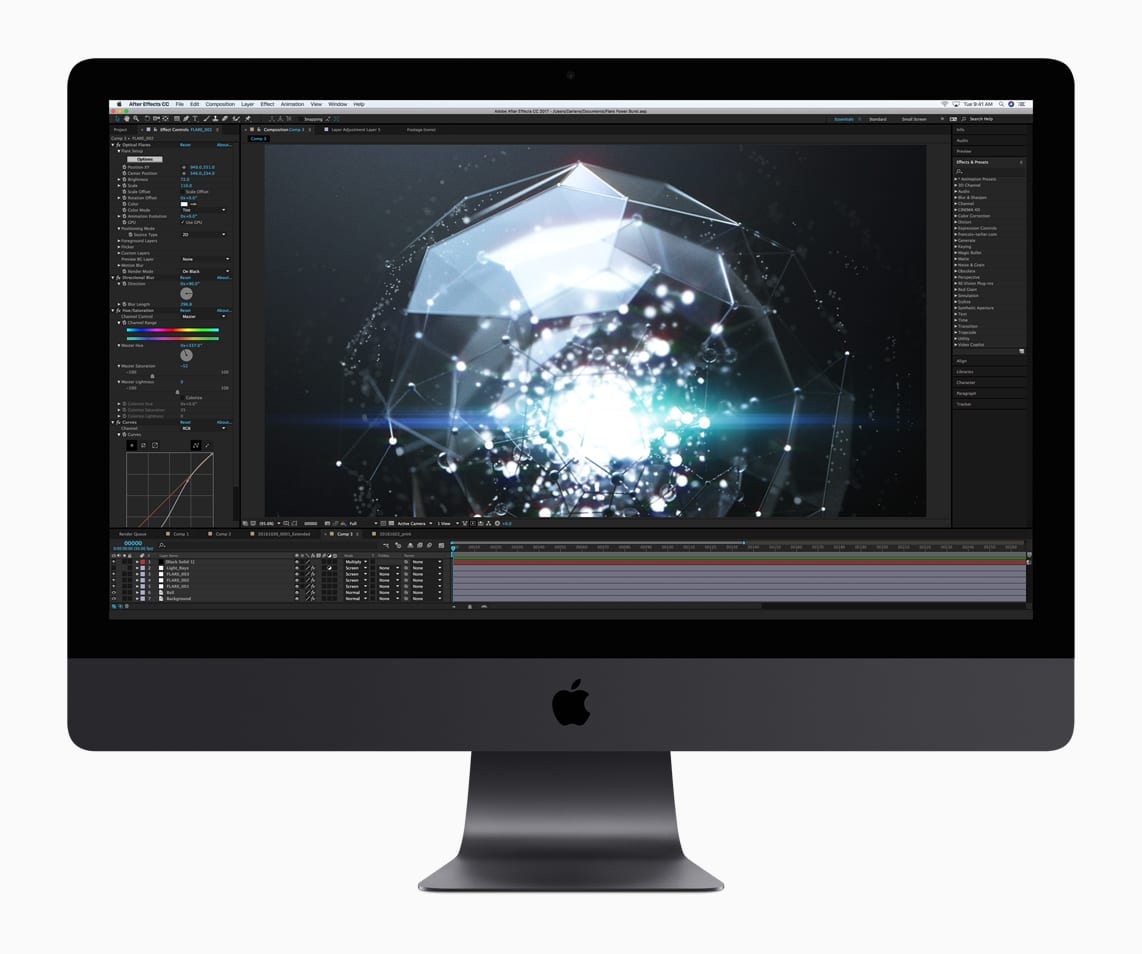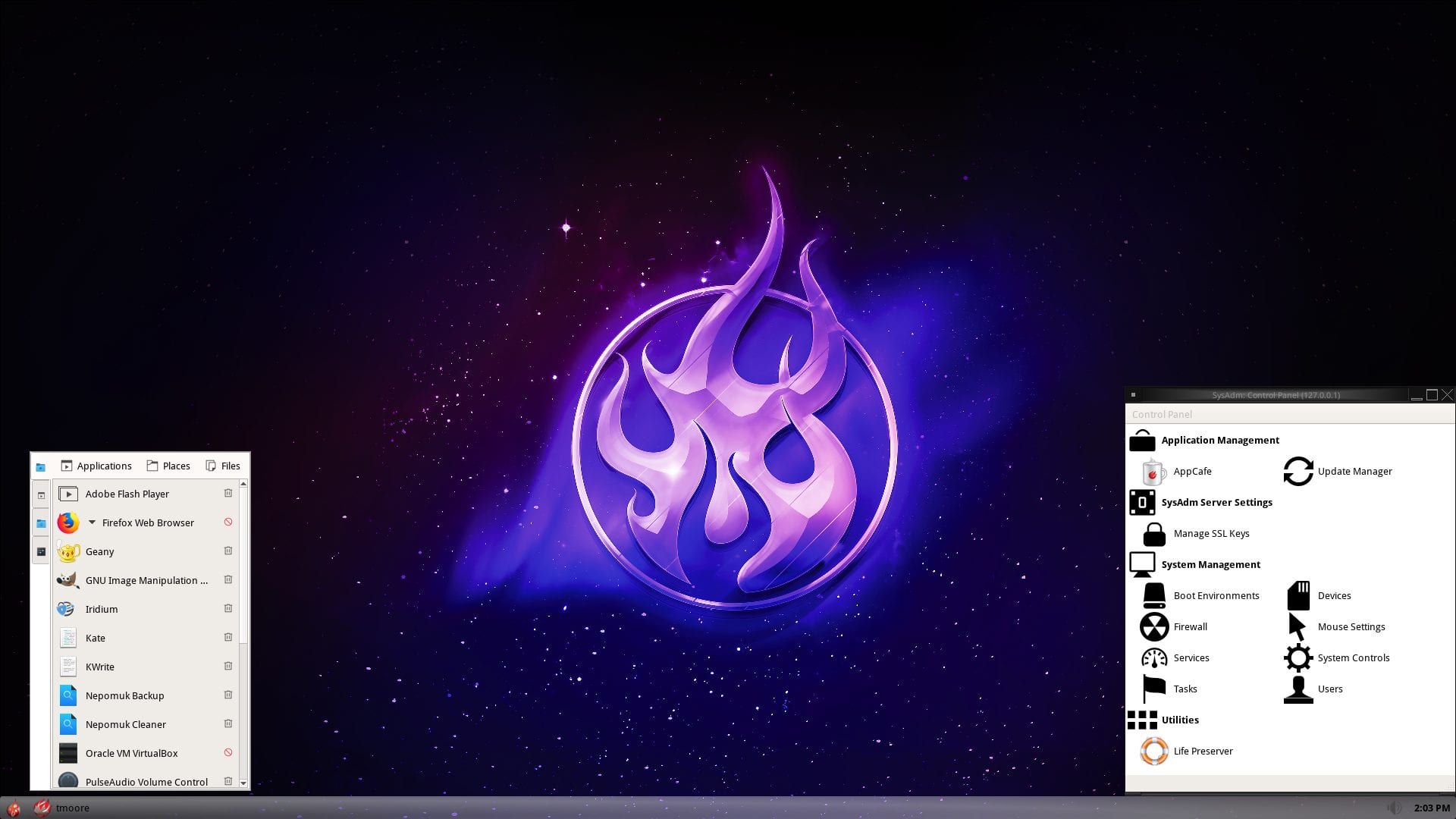Apple will start manufacturing its own processors, and start shipping them in its new computers as early as 2020, according to Bloomberg. This marks the end of the use of Intel processors in Apple computers.
The project is code-named ‘Kalamata’, and is part of a strategy to converge Apple’s mobile and desktop computer platforms, which Microsoft also attempted earlier with Windows 8 and Windows 10 (although in a different way). They also developed a new software platform named Marzipan for this purpose.
Currently, Apple’s iPad and iPhone devices are powered by ARM-based processor designs, which offer vastly superior energy efficiency. While not as powerful, iPad and iPhone processors consume less than 2 Watts of power (during normal usage such as web browsing and playing music). The same goes for most ARM smartphone and tablet processors.
Intel x86 processors consume 10 to 20 times that, depending on usage. The production cost of ARM processors is also highly competitive, so if Apple chooses to use an ARM-based design for its new processors (just a thought, and I haven’t confirmed that they will), the company and its customers stand to benefit significantly.
There are, however, technical challenges. ARM uses a different instruction set from Intel (which uses the x86 instruction set). Software written for the x86 instruction set often won’t run on ARM processors, and must be recompiled for the ARM architecture.
I’m only speculating about what could happen if they use an ARM-based design, and it’s possible they may use something entirely different. Whatever it is, it will need to achieve some degree of backwards compatibility and require minimum effort to port apps to it, so that software vendors will continue to support MacOS.
One way in which Apple might benefit from developing its own processors is the increased control of the its own supply chain. Apple would no longer have to plan around Intel’s processor roadmap and wait for them to release its next generation of processors. Apple may even be able to implement features and get new computers onto the market faster.
Another significant benefit, which is dependent on the degree of convergence achieved, is the ability to run desktop apps quickly and reliably on mobile phones, or the same for mobile apps on desktops. The iOS platform is currently supported by the majority of mobile app vendors.








